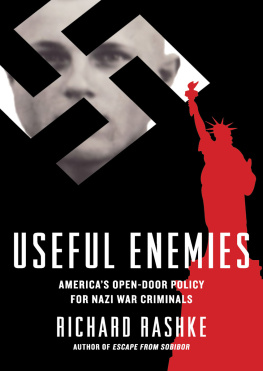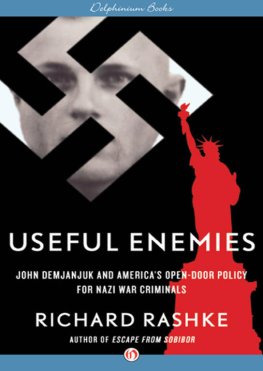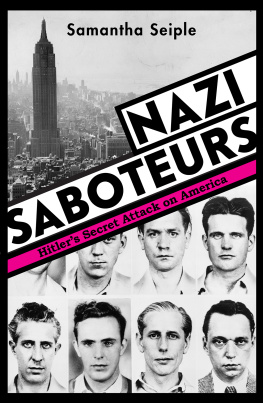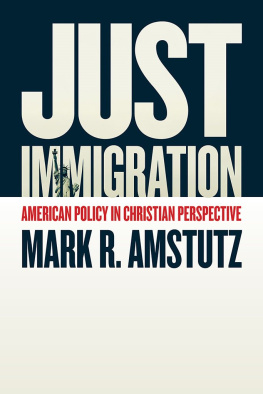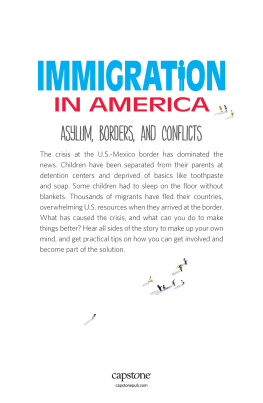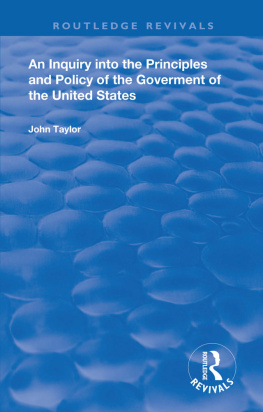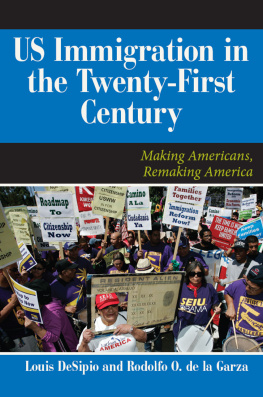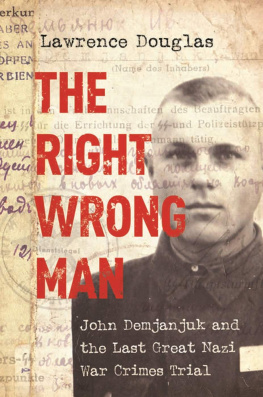Richard Rashke - Useful Enemies: Americas Open-Door Policy for Nazi War Criminals
Here you can read online Richard Rashke - Useful Enemies: Americas Open-Door Policy for Nazi War Criminals full text of the book (entire story) in english for free. Download pdf and epub, get meaning, cover and reviews about this ebook. year: 2013, publisher: Open Road Media, genre: Politics. Description of the work, (preface) as well as reviews are available. Best literature library LitArk.com created for fans of good reading and offers a wide selection of genres:
Romance novel
Science fiction
Adventure
Detective
Science
History
Home and family
Prose
Art
Politics
Computer
Non-fiction
Religion
Business
Children
Humor
Choose a favorite category and find really read worthwhile books. Enjoy immersion in the world of imagination, feel the emotions of the characters or learn something new for yourself, make an fascinating discovery.

- Book:Useful Enemies: Americas Open-Door Policy for Nazi War Criminals
- Author:
- Publisher:Open Road Media
- Genre:
- Year:2013
- Rating:4 / 5
- Favourites:Add to favourites
- Your mark:
Useful Enemies: Americas Open-Door Policy for Nazi War Criminals: summary, description and annotation
We offer to read an annotation, description, summary or preface (depends on what the author of the book "Useful Enemies: Americas Open-Door Policy for Nazi War Criminals" wrote himself). If you haven't found the necessary information about the book — write in the comments, we will try to find it.
John Iwan Demjanjuk was at the center of one of historys most complex war crimes trials. But why did it take almost sixty years for the United States to bring him to justice as a Nazi collaborator? The answer lies in the annals of the Cold War, when fear and paranoia drove American politicians and the U.S. military to recruit useful Nazi war criminals to work for the United States in Europe as spies and saboteurs and to slip them into America through loopholes in U.S. immigration policy. During and after the war, that same immigration policy was used to prevent thousands of Jewish refugees from reaching the shores of America.
The long and twisted saga of John Demjanjuk, a postwar immigrant and auto mechanic living a quiet life in Cleveland until 1977, is the final piece in the puzzle of American government deceit. The White House, the Departments of War and State, the FBI, and the CIA supported policies that harbored Nazi war criminals and actively worked to hide and shelter them from those who dared to investigate and deport them.
The heroes in this story are men and women such as Congresswoman Elizabeth Holtzman and Justice Department prosecutor Eli Rosenbaum, who worked for decades to hold hearings, find and investigate alleged Nazi war criminals, and successfully prosecute them for visa fraud. But it was not until the conviction of John Demjanjuk in Munich in 2011 as an SS camp guard serving at the Sobibor death camp that this story of deceit can be told for what it is: a shameful chapter in American history.
Riveting and deeply researched, Useful Enemies is the account of one mans criminal past and its devastating consequences, and the story of how America sacrificed its moral authority in the wake of historys darkest moment.
Richard Rashke: author's other books
Who wrote Useful Enemies: Americas Open-Door Policy for Nazi War Criminals? Find out the surname, the name of the author of the book and a list of all author's works by series.


